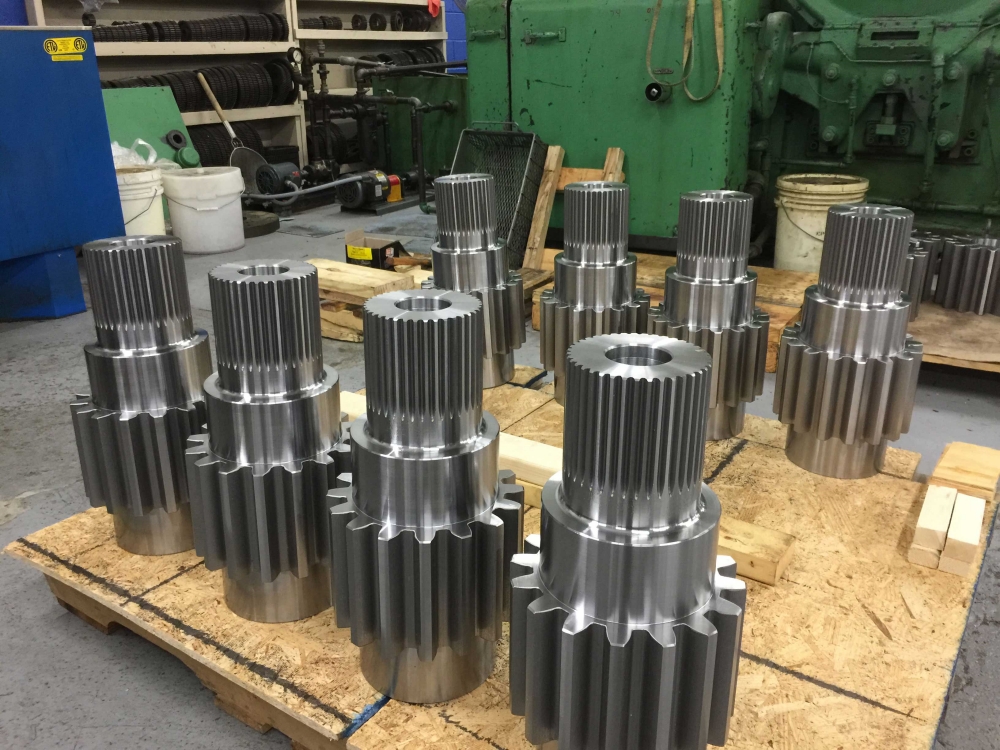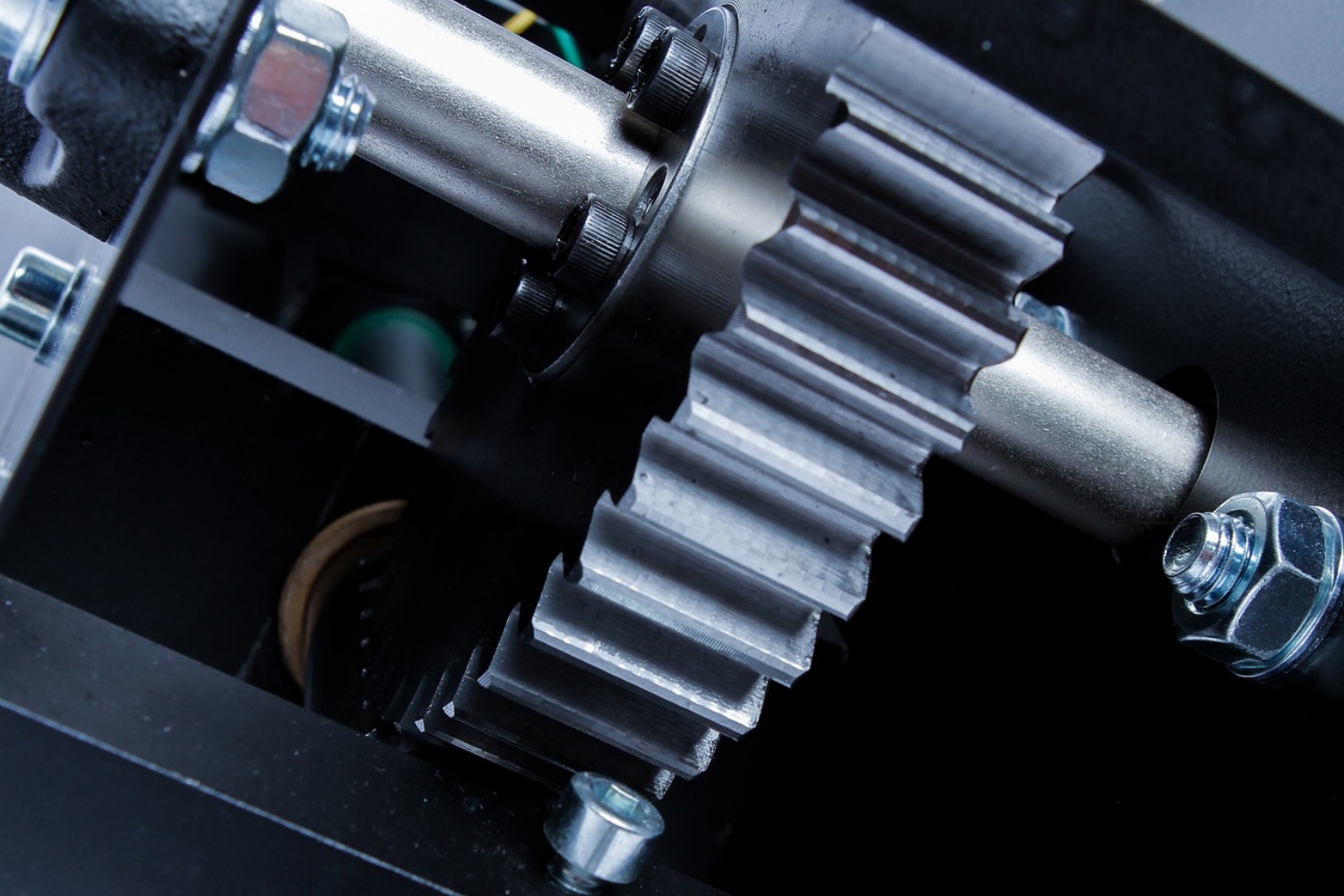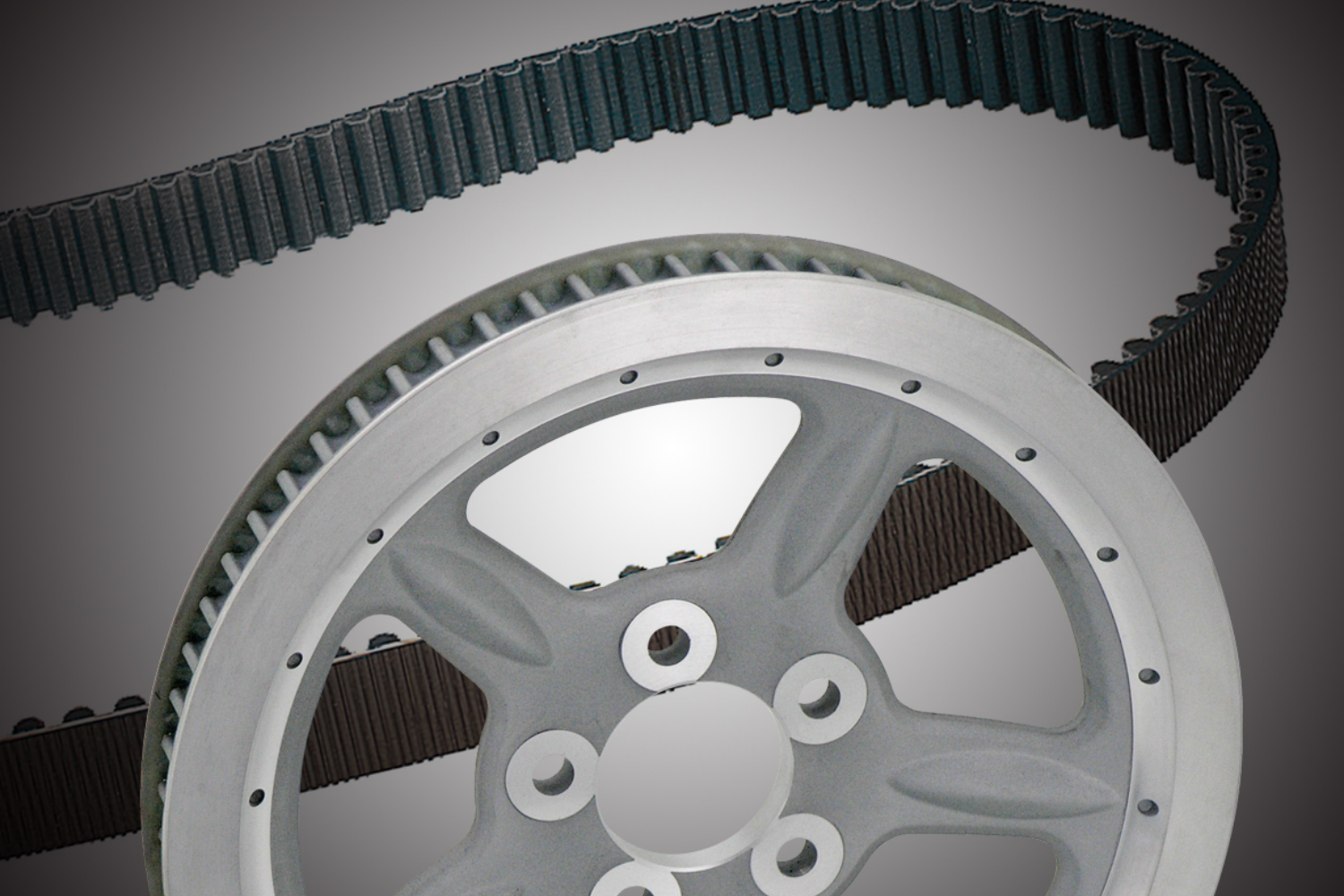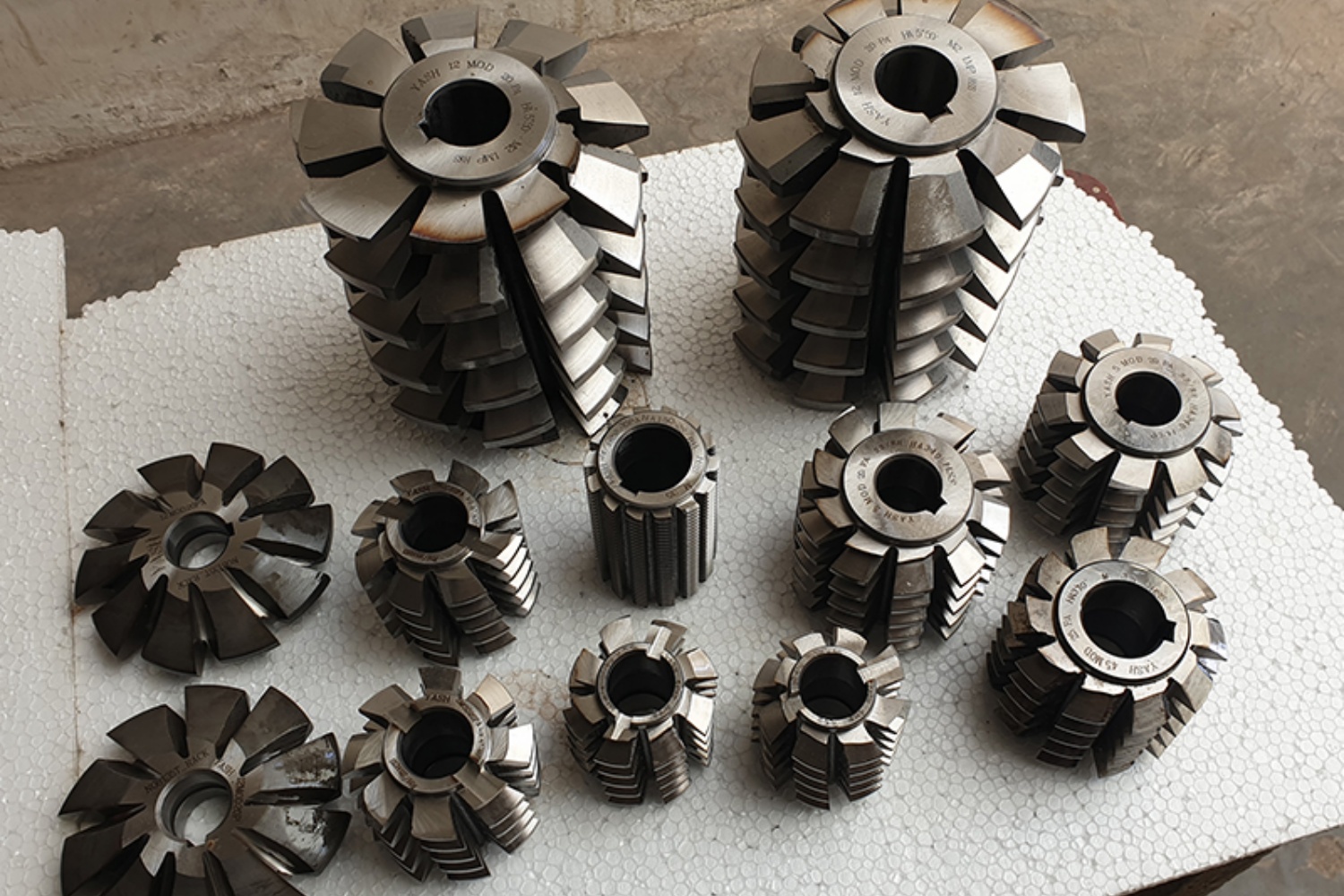Spline shafts are essential components in various mechanical systems, providing the means to transmit torque and motion with precision. To achieve this precision, it’s crucial to consider spline shaft tolerances carefully. Tolerances dictate the allowable variation in dimensions and ensure that components fit and function together seamlessly. We’ll delve into the world of spline shaft tolerances, explaining their significance and how to ensure the precise fit of these critical components.
The Role of Tolerances
Tolerances are allowable variations from a specified dimension or measurement. In the context of spline shafts, tolerances serve several vital purposes:
- Interchangeability: Tolerances allow for the interchangeability of components. This means that spline shafts from different manufacturers can fit together and function as intended, promoting compatibility in various applications.
- Precision: Tight tolerances ensure that the mating components fit together precisely. This precision is crucial for the efficient transmission of torque and motion without excessive backlash or play.
- Quality Control: Tolerances serve as a standard for quality control during manufacturing. They help ensure that each spline shaft meets the specified requirements, reducing the likelihood of defects.
Key Spline Shaft Tolerances
Several key tolerances are commonly specified for spline shafts. These include:
- Major Diameter Tolerance: This tolerance controls the variation in the major (outer) diameter of the spline shaft. It’s essential for achieving a proper fit with mating components.
- Minor Diameter Tolerance: The minor (inner) diameter tolerance governs the size of the spline’s root diameter. A tight tolerance in this area is essential to ensure a secure fit with the mating component.
- Lead Tolerance: The lead tolerance dictates the allowable variation in the distance between successive spline teeth along the length of the shaft. Maintaining a consistent lead is crucial for uniform motion and torque transmission.
- Pitch Diameter Tolerance: The pitch diameter tolerance is a critical parameter for ensuring smooth engagement between mating components. It controls the effective diameter at which the spline teeth engage.
Ensuring Precise Fit and Function
Achieving a precise fit and function with spline shafts requires attention to detail and adherence to specified tolerances:
- Design Considerations: Begin by understanding the specific requirements of your application. Consider factors such as load, torque, and precision. These considerations will help determine the appropriate tolerance levels for your spline shaft.
- Select a Quality Manufacturer: Choose a reputable manufacturer or supplier that adheres to industry standards and can provide spline shafts with the required tolerances. Working with experts in the field is essential to ensure the quality of your components.
- Inspect and Measure: Once you receive your spline shafts, inspect and measure them to ensure they meet the specified tolerances. Use precision measuring tools and techniques to verify dimensions and quality.
- Assembly and Testing: During assembly, follow manufacturer guidelines for proper fitting and engagement of mating components. After assembly, conduct testing to verify that the spline shafts perform as expected, with minimal backlash or play.
- Regular Maintenance: In applications subject to wear and tear, establish a maintenance schedule to monitor the condition of spline shafts and mating components. Replace components that fall out of tolerance to maintain precise function.
Spline shaft tolerances are the backbone of precision in mechanical systems. Understanding their significance and how to ensure compliance with specified tolerances is essential for achieving a precise fit and function in your machinery or equipment. By paying attention to design considerations, selecting quality manufacturers, and adhering to best practices for inspection and testing, you can leverage spline shafts to deliver the precise torque and motion required for your applications.
CONTINUE READING
Related Posts
In the world of industrial manufacturing, the efficiency and reliability of transmission systems are critical to the success of any […]
In industrial settings, a smooth and quiet power transmission system is crucial for productivity, safety, and worker comfort. V Belt […]
Splines play a critical role in mechanical power transmission systems, enabling rotational motion and torque transfer between mating components. These […]





